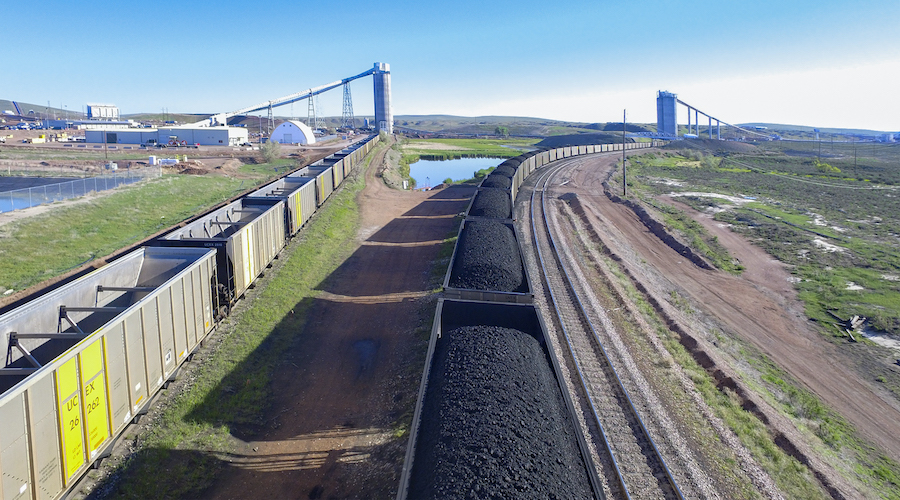
When Q3-2020 ended, Peabody said that it expected to violate key terms of its credit agreement by December 31
However, Williams-Derry and Feaster point out that even though the covid-19 pandemic has deepened Peabody’s woes, as lower industrial electricity demand and low gas prices pushed coal to a record-low power market share of 15% in April, the company had already been posting losses for five consecutive quarters, revealing financial strains that long predated the current global economic slowdown.
When Q3-2020 ended, Peabody said that it expected to violate key terms of its credit agreement by December 31. The IEEFA says that this may lead to the miner to default on its debt, forcing a financial restructuring and potential wipeout for shareholders.
“Peabody held out hopes that rising demand from Asia could spur future growth, even though many Asian countries have cancelled or postponed new coal plant projects as they increasingly pivot to renewable generation,” the commentary reads. “In recent months, governments have announced major national electricity policy shifts in Bangladesh, Vietnam, the Philippines, and Thailand. There have also been highly successful solar tenders from Malaysia and Myanmar that will further limit coal’s upside in Asia. Last month, Japan and South Korea announced ambitious net-zero emissions policy commitments, following China’s plans to become carbon neutral by 2060.”
In the view of Williams-Derry and Feaster, even though Peabody once seemed relatively immune from the changes sweeping through the sector, some of its biggest rivals -like Arch Resources- both in the U.S. and internationally have now outperformed it by shifting away from thermal coal in favour of higher-value metallurgical coal used in steelmaking.
“But Peabody, with its massive suite of thermal coal mines, has been either unable or unwilling to pivot to a more profitable or financially sustainable business model. As a result, the company’s revenues have fallen dramatically since 2018. As recently as mid-2018, Peabody’s share price stood at $45. Now, it is below $1 per share—a critical threshold that could force the New York Stock Exchange to remove Peabody from its listings.”
For the IEEFA analysts, the plunge in its share price hints at a growing financial market consensus that thermal coal is now on a long-term decline that is likely terminal.
“Once again, investors, creditors, workers, and the communities with company mines should brace themselves as Peabody struggles to survive amid rapidly changing markets and a deteriorating outlook for the highly polluting, carbon emissions-intensive, technologically challenged industry,” the article states.




